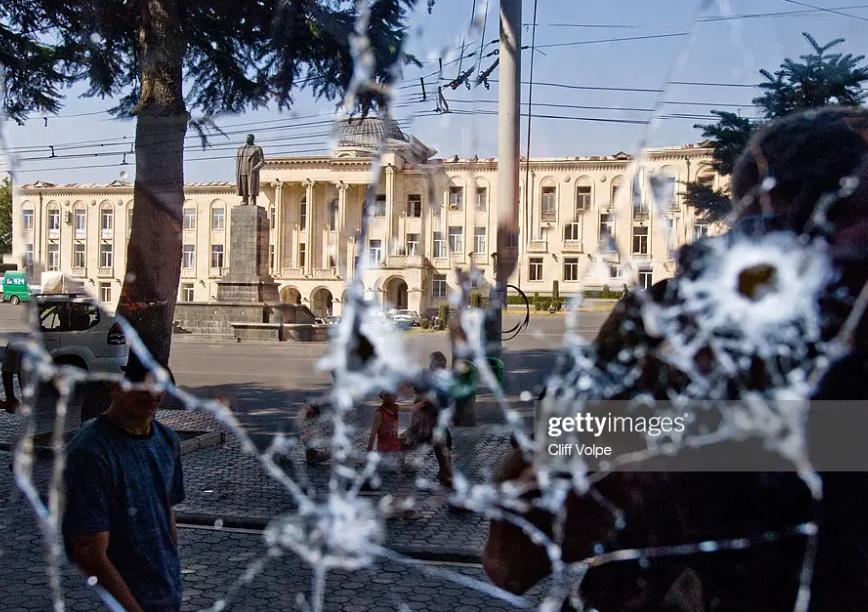საერთო ცხელი ხაზი +995 577 07 05 63


In our reality and collective memory, the August War is associated with the heaviest human, political, and social losses, unhealed wounds and unresolved injuries.
The war's impact continues to affect our citizens' daily lives and future. The conflict changed life for internally displaced individuals from the South Ossetia/Tskhinvali region, who lost their homes and endured persecution. It was also affected families living in Akhalgori and along the dividing line, leaving them in a constant state of insecurity, isolation, fear, and often, in a humanitarian crisis. Due to Russia's annexation policy, those in the occupied territories live with political deprivation, corruption, isolation, and fear.
Even after 15 years since the war, the vital terms outlined in the Ceasefire Agreement of August 12, 2008, which call for the Russian armed forces to return to the borders existing before their invasion and seek international solutions to establish security and stability in Abkhazia and South Ossetia, have not been met. Unfortunately, Russia's aggressive policy and imperial interests in the context of international negotiations in Geneva led to a crisis, obstructing the achievement of the agreement's goals to this day.
The presence of Russian armed forces on Georgian territory [1] poses a threat to our security and sovereignty, subjecting our country to constant risks. This factor influences our domestic politics, frequently leading to the undue politicization of internal matters and fostering a climate of fear within society.
Regrettably, political polarization and crises within our country have diminished the prospects for achieving a political and public consensus, as well as a rational discourse on the events of the August War. Furthermore, political elites have utilized this traumatic experience as a tool for political rivalry, especially in the aftermath of the conflict in Ukraine. We observe how the Georgian Dream government seeks to exploit war-related fears and traumas for political purposes within their information policies.
Instead of actively promoting the implementation of the 2008 Ceasefire Agreement through diplomatic and political corps and positioning this issue on the foreign policy agenda alongside Ukraine and Moldova's security concerns, the government's efforts have been notably lacking. Furthermore, following the Karabakh and Ukrainian conflicts, the authorities need to make more to devise and present security and stability alternatives to the Abkhazian and Ossetian communities and their leadership, despite prevalent concerns within them. Notably, new approaches to resolving these issues are apparent with our increasing prospects for European Union integration.
In its propaganda rhetoric, the ruling party frequently highlights its commitment to peace and its role as a peace guarantor within the country. However, it tends to overlook the fact that individuals affected by the conflict do not experience peace, as hundreds of people are detained annually by occupying forces in villages in the border, and new barbed wires are installed in these areas every year. Residents of towns along the dividing line lack access to essential social infrastructure, while the Akhalgori and Gali regions endure ongoing humanitarian crises and depopulation. Speaking of peace under these circumstances is indeed cynical.
The authorities often use Russia's "do not provoke" policy to explain their inaction in addressing security and conflict resolution. However, it's clear that even countries behind us, like Moldova and Armenia, are actively working to raise their national issues on the European agenda, especially after Russia’s invasion in Ukraine. The Georgian Dream government struggles to protect self-styled balanced foreign policy, as seen in their harsh statements towards our country's strategic partners over the past year and their lack of enthusiasm for European integration.
Considering the above, we call for:
Government and Parliament of Georgia
Political Parties
The website accessibility instruction